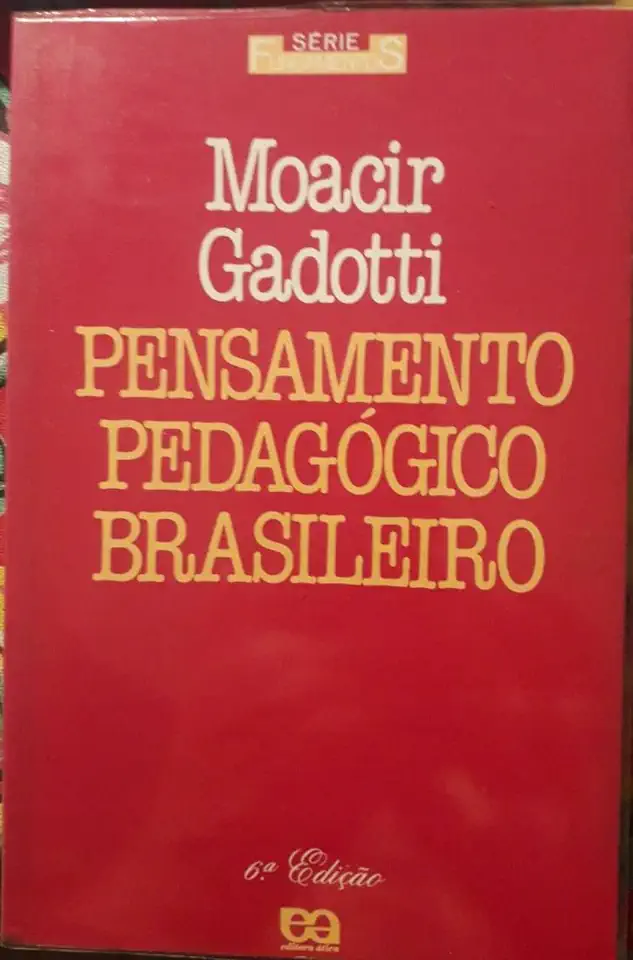
Brazilian Pedagogical Thought - Moacir Gadotti
Brazilian Pedagogical Thought: A Critical History
Introduction
In his book "Brazilian Pedagogical Thought: A Critical History", Moacir Gadotti offers a comprehensive and insightful analysis of the development of educational thought in Brazil. Gadotti argues that Brazilian pedagogy has been shaped by a complex interplay of social, political, and economic factors, and that it has played a vital role in the country's history.
The Colonial Period
During the colonial period, Brazilian education was largely controlled by the Catholic Church. The curriculum was based on the classical tradition, and the goal of education was to produce obedient and loyal subjects of the Portuguese crown. However, there were also some progressive voices during this period, such as the Jesuit priest Antônio Vieira, who argued for a more practical and relevant education.
The Imperial Period
After Brazil gained independence from Portugal in 1822, there was a brief period of educational reform. The new government established a system of public schools, and the curriculum was expanded to include subjects such as history, geography, and science. However, these reforms were short-lived, and by the end of the 19th century, Brazilian education was in a state of crisis.
The Republican Period
The early 20th century saw a renewed interest in education in Brazil. A number of new schools and universities were founded, and the government began to invest more money in education. This period also saw the emergence of a new generation of educators, who were influenced by progressive educational ideas from Europe and the United States.
The Modern Period
In the second half of the 20th century, Brazilian education underwent a number of significant changes. The government expanded access to education, and the curriculum was reformed to be more relevant to the needs of the country. However, Brazilian education also faced a number of challenges, such as poverty, inequality, and political instability.
Conclusion
In "Brazilian Pedagogical Thought: A Critical History", Moacir Gadotti provides a comprehensive and insightful analysis of the development of educational thought in Brazil. Gadotti argues that Brazilian pedagogy has been shaped by a complex interplay of social, political, and economic factors, and that it has played a vital role in the country's history. This book is a valuable resource for anyone interested in the history of education in Brazil, and it is also a timely reminder of the importance of education in the development of any country.
Why You Should Read This Book
"Brazilian Pedagogical Thought: A Critical History" is a must-read for anyone interested in the history of education in Brazil. Gadotti's analysis is comprehensive and insightful, and he provides a wealth of information on the development of educational thought in the country. This book is also a valuable resource for anyone interested in the history of education in general, as it provides a unique perspective on the challenges and opportunities facing educators in developing countries.
If you are interested in learning more about the history of education in Brazil, or if you are simply interested in the history of education in general, then I highly recommend reading "Brazilian Pedagogical Thought: A Critical History". You will not be disappointed.
Enjoyed the summary? Discover all the details and take your reading to the next level — [click here to view the book on Amazon!]